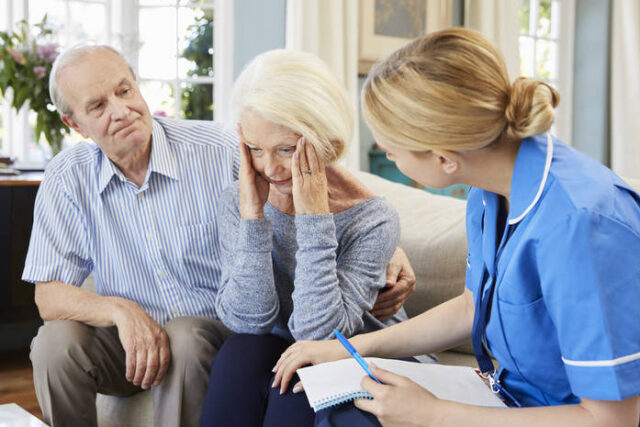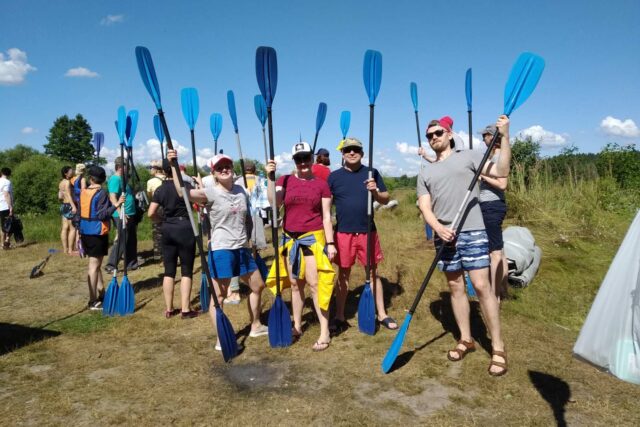
Belarus Dentistry Exhibition 2025
03.11.2025

27th Azerbaijan International Medical Innovations Exhibition Medinex 2025
03.11.2025

ACADEMPHARM opened its doors to partners: a tour was held for the Iskamed pharmacy chain.
19.09.2025

Delivery of Rivaxan to the National Health System of the Republic of Cuba
19.09.2025

The first batch of Rivaxan was produced in Cuba.
19.09.2025

ACADEMPHARM and Brest RUE “Pharmacy”: a training seminar at Pharmacy Museum No. 21 in Baranovichi
19.09.2025

Visit of the President of the Republic of Cuba to ACADEMPHARM
19.09.2025
With the arrival of a frosty snowy winter, many citizens go on long trips by private vehicles to ski resorts, recreation centers in forest areas, and so on. Moreover, often weather conditions can change very unexpectedly for travelers. Rescuers note that despite the timely warning of a storm warning, each of us can get caught in a blizzard on highways. Arrogance, negligence, ignorance of safety measures and rules of self-rescue in the winter conditions of our citizens can lead to material losses and even death of people.
Instruction for the population on preparation and actions in difficult meteorological conditions of the winter period:
1. When going on the road in winter, carefully plan and think over everything to the details. In an emergency, every little thing matters.
2. Every car must have things that will save lives in an emergency: blowtorches, cables, chains for wheels, shovels, as well as basic necessities.
3. During severe frosts or snowfall, it is necessary to group into several cars, then in case of a breakdown other drivers from the convoy will be able to come to the rescue. If you nevertheless find yourself on the road during a snowstorm or severe frost, if your car stalled far from the village or in an unfamiliar area for you, it is better to stay in the car, wait for another car to pass along the road, or call for help by mobile telephone number “101”.
4. If a blizzard, storm caught you on the road in a car, you need to stop, mark the parking lot, for which hang out a bright cloth. Close the blinds of the machine completely, cover the engine from the radiator side. Position the machine with the hood facing the wind. Save fuel, do not run the stove continuously.
5. If there is a threat of the car falling asleep with a mass of snow, periodically open one of the doors, move aside, break a snowdrift so that it does not walled you up inside the passenger compartment. In a visible car, no matter how cold you are, do not start the engine. Exhaust gases emitted during engine operation and constantly accumulating in the passenger compartment are very dangerous. If you want to keep warm, then go outside and dig up the exhaust pipe so that the gas from it goes into the atmosphere, and not under the car. But be sure to wrap yourself with a rope before going out. There are many cases when a person, walking half a meter away from his own house or car in a blizzard, instantly lost his bearings in the flashing snow, began to rush and died.
6. If your car stalled on the way, do not panic, assess the situation, landmarks, location, distance to the settlement, etc. If you decide to wait for help, try not to sleep.
First aid for frostbite:
When providing first aid, it is necessary to stop the effect of cooling, warm the limbs to restore blood circulation in the tissues affected by the cold in order to prevent the development of infectious complications. First of all, you should send the victim to the nearest warm room, remove shoes, outerwear, socks and gloves from him. Simultaneously with the conduct of first aid measures, it is necessary to call an ambulance to carry out qualified measures. In case of frostbite of the 1st degree, the cooled areas of the body must be warmed until reddening with warm hands, light massage, rubbing with a cloth made of wool, breathing, and then apply a cotton-gauze bandage. In a heated room, warm the frostbitten part of the body by rubbing with a dry soft cloth, then place it in warm water and gradually bring the water temperature to 40–45 degrees. If the pain goes away and sensitivity is restored, then wipe your arm (leg) dry, put on socks (gloves) and, if possible, consult a surgeon.
The Committee on Emergency Situations strongly recommends that citizens monitor weather changes, meteorological reports, do not leave when weather conditions worsen and traffic restrictions are imposed on highways.



